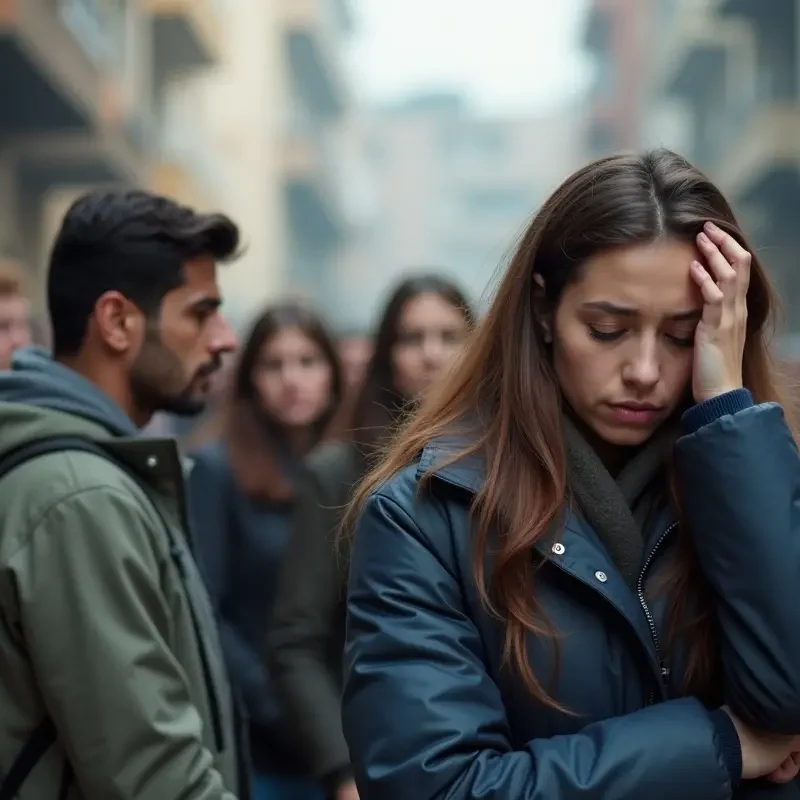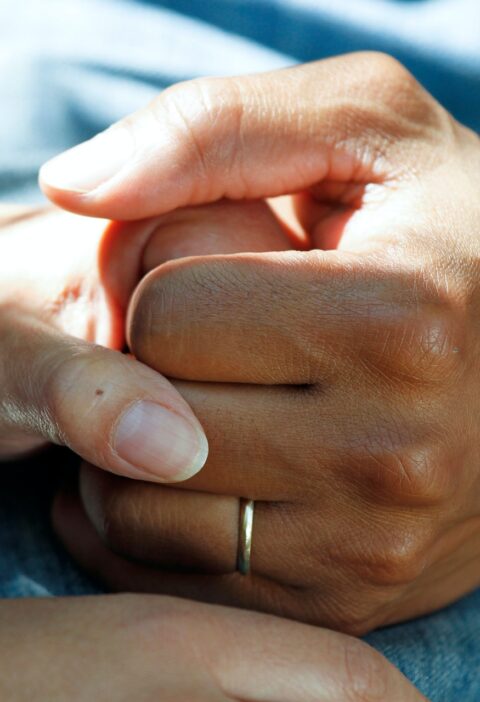Terrorism. It’s a word that evokes strong emotions, and understandably so. Whether it’s a lone attack or a coordinated effort, terrorism leaves a trail of devastation that goes beyond the immediate loss of life and physical injury. It also takes a massive toll on mental health—an impact that’s often overlooked in the chaos and aftermath.
The Immediate Impact: Fear and Anxiety
When a terrorist attack occurs, the immediate response is often one of shock and confusion. For those directly impacted—whether survivors or witnesses—this initial reaction is often followed by intense fear and anxiety.
People may experience symptoms similar to those seen in acute stress disorder, such as:
- Flashbacks – Sudden and vivid memories of the event that feel like it’s happening all over again.
- Hypervigilance – A constant state of being on edge, as though another attack is imminent.
- Avoidance – Steering clear of places, people, or situations that could remind them of the attack.
These are not just fleeting moments of worry. They can grow into something much deeper and more troubling, laying the groundwork for more severe mental health issues like Post-Traumatic Stress Disorder (PTSD).
The Long-Term Mental Health Effects
While the physical scars of terrorism may heal, the psychological wounds often last much longer. PTSD is perhaps the most well-known mental health condition that can result from such traumatic events, but it’s far from the only one. The good news is that a terrorism expert can help you get through what you’re experiencing.
PTSD: More Than Just Stress
Post-Traumatic Stress Disorder doesn’t just mean you’re stressed out. It’s a serious condition that can severely disrupt someone’s life. People with PTSD often experience:
- Intrusive thoughts – Reliving the event through flashbacks or nightmares.
- Emotional numbness – Feeling detached from others or losing interest in activities they once enjoyed.
- Difficulty functioning – Struggling to carry out day-to-day activities, hold down a job, or maintain relationships.
The tricky thing about PTSD is that it doesn’t always show up right away. Symptoms can emerge months or even years after the traumatic event, catching people off guard and leaving them feeling isolated and misunderstood.
Depression and Anxiety: The Unseen Burden
Terrorism also fuels widespread feelings of depression and anxiety. Survivors, their families, and even those who only saw the event unfold on the news may feel a persistent sense of dread or hopelessness. This isn’t just a reaction to the specific event, but often stems from a broader sense that the world has become an unsafe and unpredictable place.
The anxiety doesn’t always fade once the news cycle moves on. For many, the fear of future attacks can become overwhelming, leading to chronic anxiety disorders. Depression, too, can take hold, leaving people feeling like there’s no way out of the darkness. These conditions, if left untreated, can have devastating consequences on a person’s overall quality of life.
The Ripple Effect: How Communities Are Affected
The effects of terrorism ripple out far beyond the people directly involved. Entire communities can feel the weight of fear and uncertainty long after the dust has settled.
Social Trust Erodes
In the wake of an attack, social trust can be seriously damaged. People may begin to view strangers with suspicion, feeling that no one can be trusted. This can fragment communities, making it harder for people to come together and support each other. The very thing that could help ease mental health struggles—community connection—becomes harder to achieve.
Collective Trauma: It’s Not Just the Survivors
While survivors and first responders are often the focus, the larger community may also be dealing with what’s called collective trauma. This is when an entire group of people feels the psychological impact of an event. Even those who weren’t directly involved might experience symptoms of anxiety, depression, or PTSD simply because of their proximity to the attack, either geographically or emotionally.
Terrorism can fracture a community’s sense of safety and belonging. Schools, workplaces, and public spaces can feel tainted, as though they’re forever linked to tragedy. These emotional scars take time to heal and often require collective efforts to rebuild trust and security.
The Role of Media: Amplifying the Impact
Media plays a significant role in shaping the mental health impact of terrorism. Constant exposure to news coverage of violent attacks can amplify feelings of fear and hopelessness. Repeatedly watching footage of traumatic events can make them feel more immediate and personal, even for those who weren’t there.
This phenomenon is sometimes referred to as vicarious trauma, where people experience trauma symptoms simply from consuming media related to an event. The 24-hour news cycle can make it hard for people to distance themselves from the event, creating a sense of ongoing danger and making it harder to process and move on.
Building Resilience: How to Cope
Coping with the mental health impact of terrorism is challenging, but not impossible. Resilience—the ability to recover from or adapt to difficult situations—is key.
Here are a few ways people can strengthen their mental resilience:
- Seek professional help – Therapy and counseling can provide a safe space to process emotions and develop coping strategies.
- Stay connected – Reaching out to friends, family, or community groups can help rebuild a sense of safety and belonging.
- Limit media exposure – It’s important to stay informed, but setting boundaries around media consumption can reduce anxiety.
- Practice self-care – Regular exercise, healthy eating, and mindfulness practices like meditation can support mental health and help people regain control of their lives.
Moving Forward Together
The mental health impact of terrorism is real, and it doesn’t just go away once the immediate crisis has passed. The effects can linger, shaping the way people feel about their safety, their communities, and even the world.
But we’re not powerless in the face of this threat. By acknowledging the hidden toll terrorism takes on mental health and supporting those who are struggling, we can help each other heal. Because while terrorism seeks to create fear and division, our strength lies in coming together to build resilience and hope.







